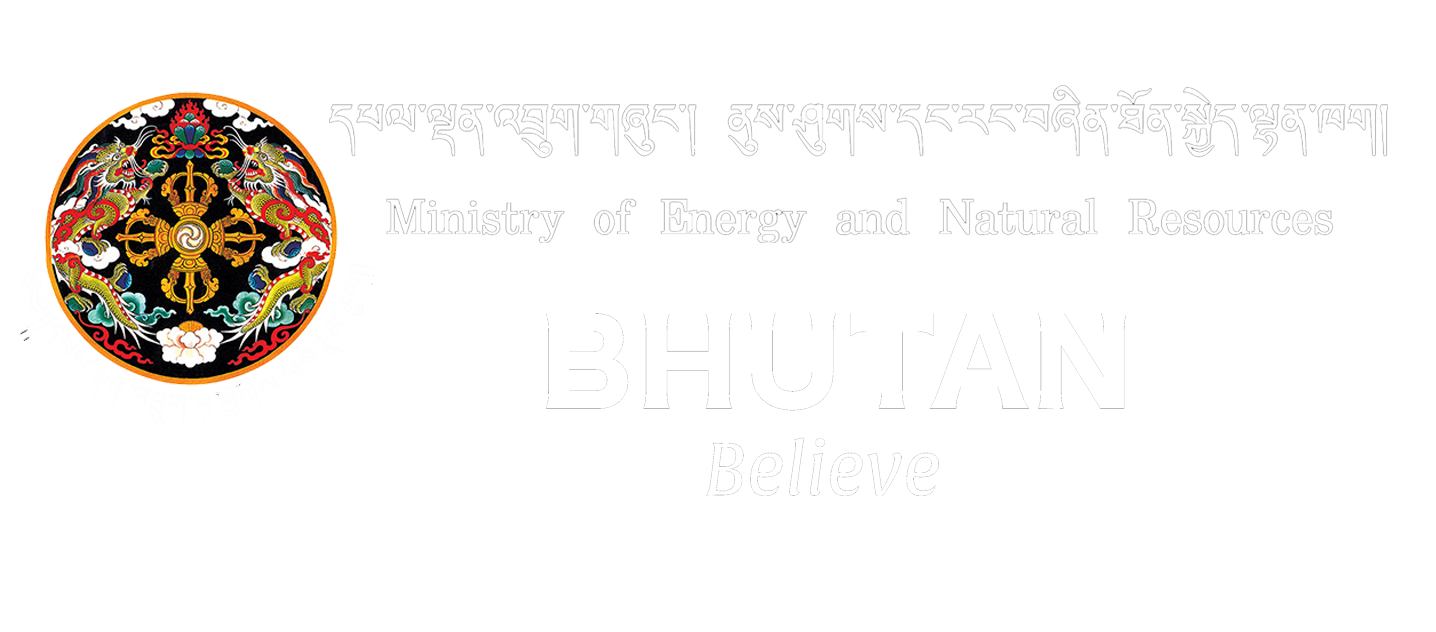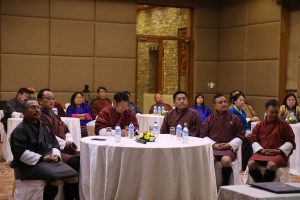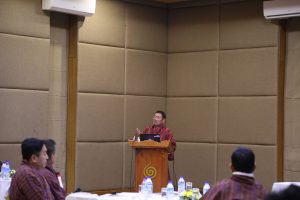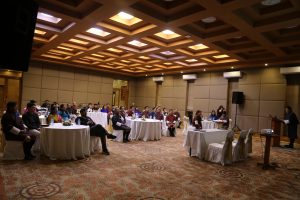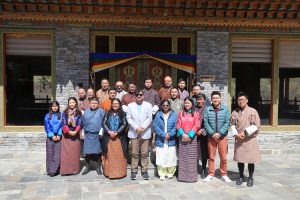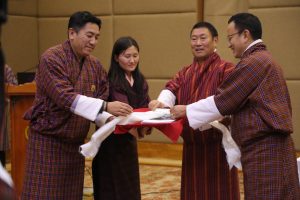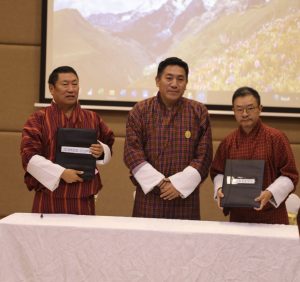Thimphu, 18.3.2025:
In a significant step toward sustainable pasture and ecosystem management, the Ministry of Energy and Natural Resources (MoENR) launched guiding documents for two groundbreaking initiatives: Standard Operating Procedure (SOP) for Prescribed Burning, and National Guidelines for Natural Capital Accounting in Protected Areas. These two initiatives are aimed at strengthening Bhutan’s commitment to environmental sustainability, biodiversity conservation, and building climate resilience.
The process for developing the National Guidelines for Natural Capital Accounting (NCA) in Protected Areas was led by Ugyen Wangchuck Institute of Forest Research and Training, Department of Forest and Park Services (DoFPS) through a pilot exercise in Jigme Dorji National Park (JDNP). The NCA provides a systematic approach to measuring and tracking natural resources and ecosystem services, reinforcing Bhutan’s efforts toward sustainable development and climate resilience. By integrating NCA into national economic planning, Bhutan will be able to quantify the economic contributions of PAs, particularly to carbon sequestration, water regulation, and biodiversity conservation. This visibility in the System of National Accounts (SNA) enables informed decision-making, efficient resource allocation, and strategic investments in ecosystem services.
Speaking at the launch, Mr. Karma Tenzin, Director, DoFPS said: “Bhutan has pledged an ambitious economic goal in its 13th FYP aiming to achieve a target of USD 10 billion GDP. To realize this, we must effectively utilize our rich natural resources which form the backbone of our economy. Despite our pride in having about 70% forest coverage, we currently lack precise economic valuation of our natural capital – forests, rivers, biodiversity and ecosystem services. Without quantifying their economic contributions, Bhutan cannot fully integrate these assets into national development planning. This is where National Accounting becomes crucial. As this guideline is implemented in protected areas, it will serve as a model for nationwide application, equipping Bhutan with expertise and technical know-how to expand the natural capital accounting across all landscapes, further guiding our System for National Accounts to consider the contributions of our natural capital.”
In his remarks, Dr. Pema Gyamtsho, DG, ICIMOD noted: “Capitalizing Forest resources should not be limited only to carbon but should also include the detailed resource economics using natural capital accounting, which will indeed direct and upscale the value of our resources in a global setting. For example, the water flows resulting from conserved forest resources need to be accounted for, which would present how these water resources are used for agriculture and other important purposes, therefore demonstrating the contribution of forest resources in economic valuation.”
The NCA guideline was developed through a participatory approach, engaging an interdisciplinary Technical Working Group (TWG) and a Steering Committee consisting of representatives from key government agencies, including the National Land Commission, the Department of Agriculture, the Department of Livestock, the Department of Water, the Department of Tourism, the National Soil Service Center, and the National Statistics Bureau.
The SOP for prescribed burning aligns traditional pastoral knowledge with modern ecosystem management, making it a critical resource as Bhutan undertakes its national tsamdro redistribution initiative. By providing a structured approach to pasture management, the SOP will help pastoral communities sustain their way of life while promoting ecological restoration and enhancing rangeland health and productivity.
The SOP development was led by the Forest Resources Planning and Management Division, DoFPS in collaboration with various stakeholders including the Department of Livestock, National Land Commission, and the Bhutan Yak Federation. This initiative, developed under the revised Forest and Nature Conservation Act 2023, recognizes prescribed burning as a strategic tool for restoring degraded pastures, improving fodder availability, and enhancing wildlife habitats.
Speaking about the importance of the SOP, Mr. Karma Tenzin, Director, DoFPS, observed: “The launch of SOP for the prescribed burning marks a significant step towards sustainable rangeland management. While fire has long been used as a traditional management tool, the SOP would ensure that prescribed burns are conducted using scientific methodologies optimizing rangeland and alpine ecosystem health while mitigating wildfire risks.”
Dr. Pema Gyamtsho, DG, ICIMOD: “It is clearly visible that the rangelands in the high-altitude areas are now encroached by weeds and invasive species. The rangelands not only serve as the grazing areas for livestock, but these rangelands are the hub for medicinal herbs and valuable plants which hold a very significant role in the overall ecosystem management.”
These two guiding documents were developed with technical support from the International Centre for Integrated Mountain Development (ICIMOD) and funding from the Himalayan Resilience Enabling Action Programme (HI-REAP), supported by the United Kingdom International Development through its Foreign, Commonwealth & Development Office (FCDO).
